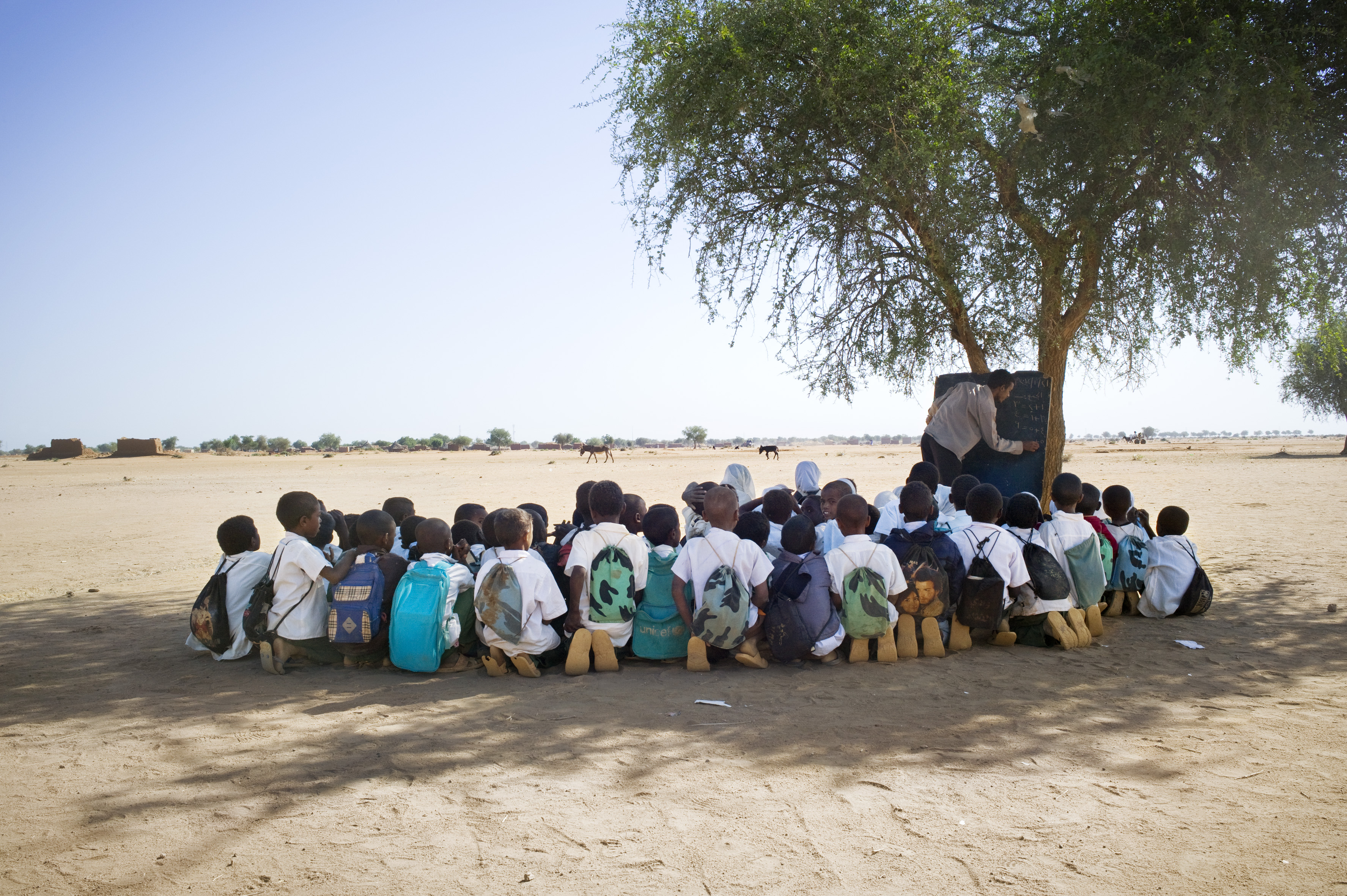
Policies
Inspire: A Programme to Motivate and Make Education accessible through Monastic Schools
Context and Issue
Myanmar, characterized by its cultural diversity with approximately 135 distinct ethnic groups, has faced challenges in fostering national unity amidst ethnic strife and violent conflicts. These conflicts have led to significant internal displacement and refugee outflows to neighboring countries. The Myanmar government has also struggled to provide quality basic education and accommodate linguistic diversity, hindering access to education for the country's diverse ethnic populations. Although education data in Myanmar is limited, available figures suggest a primary enrollment rate of 84%, with a significant dropout rate before reaching grade 5. An estimate from a Multiple Indicator Cluster Survey (MICS) in 2010 indicates that Myanmar has approximately 1 million Out of School Children (OOSC).
Solution
The "Inspire: A Programme to Motivate and Make Education Accessible through Monastic Schools in Myanmar" aims to address the educational challenges by employing two support channels: traditional teacher-oriented in-class support and innovative 3G technology to enable distance learning and online instruction. Targeting regions with lower literacy rates, such as Rakhine, Shan, Mon, Kachin, and Tanintharyi states, as well as central regions like Ayeyarwaddy, Bago, Mandalay, Sagaing, and Yangon, the project aims to reach 72,220 OOSC over three years. It focuses on community-based solutions to specific access barriers, offering classes outside regular school hours and accelerated learning programs. Furthermore, the project includes non-formal education initiatives addressing attendance barriers and school improvement efforts through teacher training and school grant programs.
Impact
Despite an amendment to the budget and OOSC target, the project came close to achieving the revised goals, falling only 11.5% below the target. The project's innovative use of studio classrooms to deliver classes to monastic schools across various regions using the latest 4G technology demonstrates its adaptability and effectiveness in leveraging modern tools for education delivery. The collaboration between the implementing partner and stakeholders like the Education Above All (EAA) and Educate A Child (EAC), evidenced by regularly hosting audits and reporting, underscores the project's commitment to transparency and accountability, ensuring effective project management and outcomes.
Analysis
.












